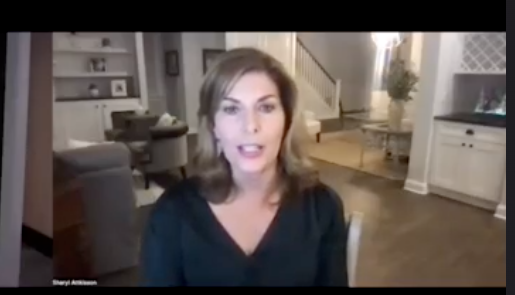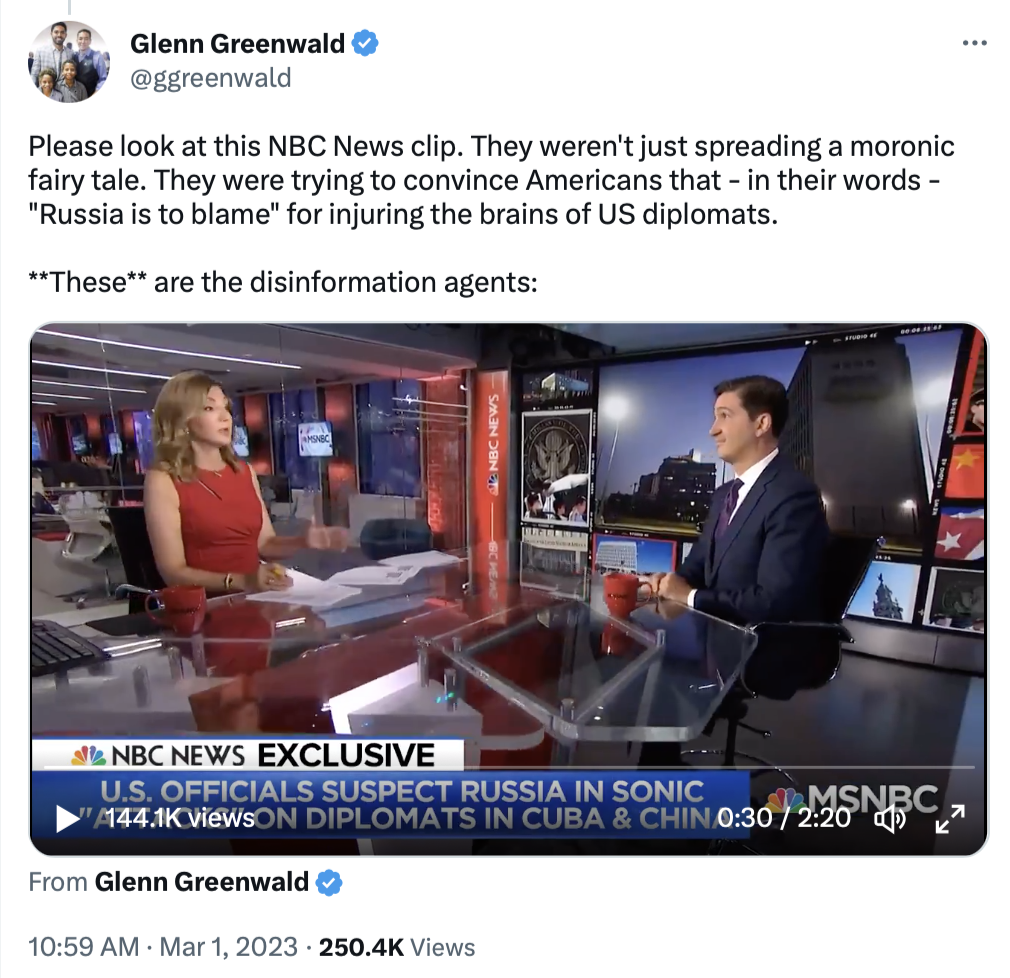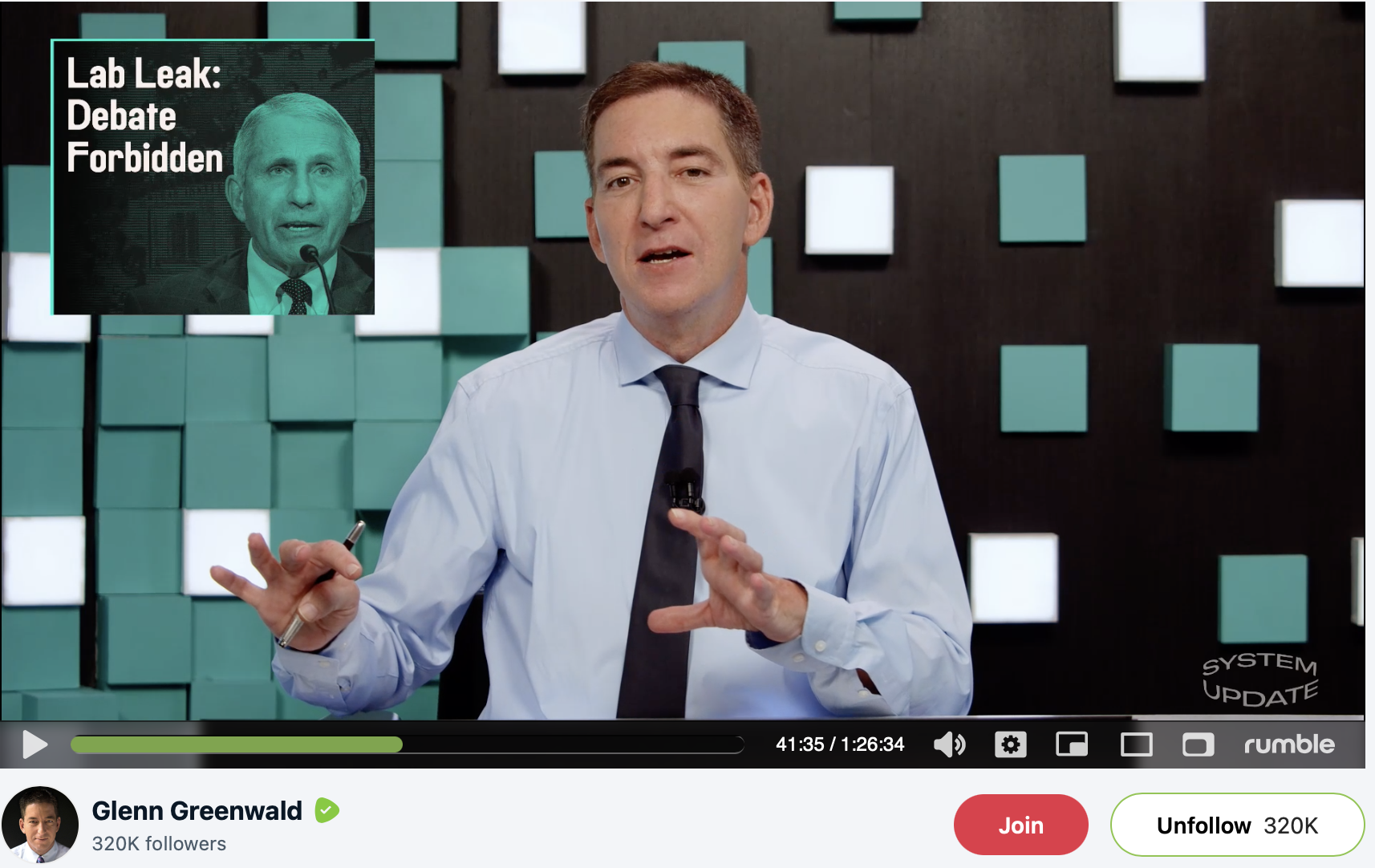Sharyl Attkisson is a five-time Emmy Award winner and recipient of the Edward R. Murrow award for Investigative Reporting. She's the author of two New York Times bestsellers including “The Smear How Shady Political Operatives and Fake News Control What You See, What you Think and How you Vote.” For 30 years Attkisson was a correspondent and anchor at CBS News, PBS, CNN and local news and she is now the host of a weekly show, “Full measure,” which focuses on investigative and accountability reporting. Excerpt from her discussion with Steve Kirsch.

Steve Kirsh: How are people being misled and how can we tell when people are telling you the truth?
Sharyl Attkisson : I think some important trends started in the past 15 to 20 years and have become more visible as time has gone on. Now you have to dig deeper. When you hear a prevalent narrative on the news, if you understand how the news has been co opted--like virtually every source of information that we use--you have to almost think two layers beyond what they're trying to tell you.
Number one, you have to assume that when everybody's on the same narrative, typically, if they're using the same language, interviewing the same experts all on board saying everybody knows something, then that's your cue that there's probably a really important piece of the puzzle that's being hidden by some important interest that would suffer if we knew the truth. So as you hear these narratives, your first thought should be "Who wants me to believe this and why?" And I know that ordinary people, including me, when I'm just leading my normal life, we don't have time to deeply research, every question that arises. We are used to counting on the news to help us do that. But I'm telling you today, you kind of have to rely on yourself, because there are very few sources you can go to where you can trust the information as being unfettered and dual-sided, presenting all viewpoints.
A lot of it is just purely strategic for the past five or six years, dishonest, not just even out of context, but completely false. But you'll never know if you're trusting your traditional source that we used to look to for such things.
This has never been truer than when we look at the COVID pandemic and the vaccines. And I certainly didn't know at the front end of the pandemic, what the truth was any more than anybody else did about how effective the vaccines might be, how bad the pandemic would be. But as time went on, this began to take on hallmarks of every other scandal that I've covered, including many non-medical scandals, where there are important interests, trying very hard to shape and censor information, trying to control the landscape where we get all of our information online, on the news, any source that we have. And I think it resulted in a lot of harm, number one, but number two, maybe irreparable damage to the credibility of the institutions that we rely on political institutions, medical institutions, law enforcement, whatever you're looking at, Department of Justice, media. People, by and large as a good chunk of the population, don't believe--nor should they--take at face value, what comes out of their mouths in terms of advice, and their fact checks, and so on.
Steve Kirsch: So what is your trusted sources that you rely on today?
[More . . . ]



